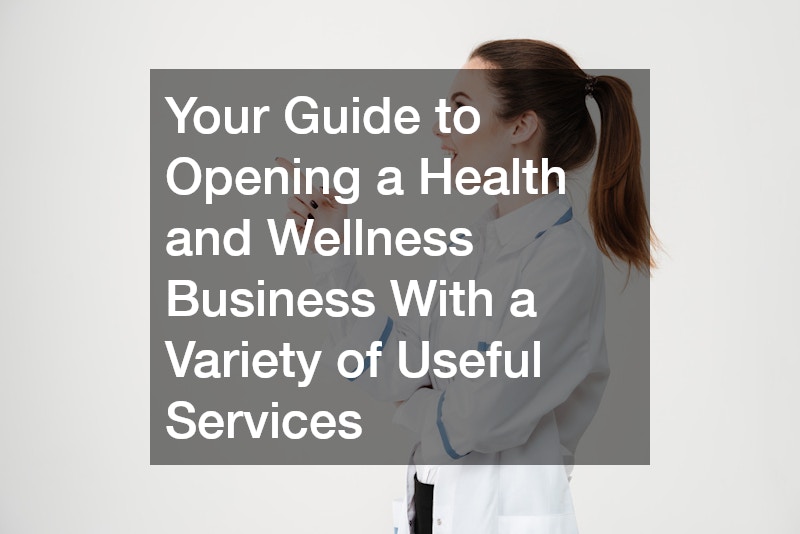
Heart Disease Symptoms and Prevention


Let’s get real for a minute. After this holiday season, we could all probably stand some improvement in the cardiovascular department. What if we told you though that, from a cardiology point of view, every piece of pie you indulged in this season was as serious as a dose of heroin? That might not be pleasant to hear, but according to statistics, it might as well be the truth. Heart disease is the number one cause of death in the U.S. today, with nearly 800,000 people succumbing to heart attacks each year. That’s one heart attack every 43 seconds, and this doesn’t show signs of slowing any time soon. Below are a few things to watch for if you suspect your cardiovascular department is well…falling apart. We also give you some tips on how to avoid needing cardiac care in the future:
Signs and symptoms of a cardiovascular department in trouble!
Your heart is at the center of your body, which makes diagnosing heart problems before an actual heart attack difficult because often, symptoms are interrelated. However, there are three major symptoms to watch out for that seem to be consistently tied to cardiology diagnostics. They are:
-Chest pain
-Shortness of breath
-Irregular heart beat
If you have any of these symptoms, it is best to seek a professional diagnosis as soon as possible. This is true even if you think these symptoms were caused by something else, such as heavy exercise or an anxiety disorder. Many times, these “other things” are merely contributing factors to the eventual heart problems, and so even if a doctor determines you’re not at immediate risk of heart failure, they can give you advice on treating these other factors.
There are also ways to head off heart problems before they even begin. Again, some things help more than others, and these suggestions have been proven again and again to keep our hearts healthy:
Regular exercise– Even though we’re supposed to get at least one half hour of vigorous physical activity five days out of the week, fully 70% of adults don’t even exercise semi-regularly. This is a huge problem because your heart, just like any other muscle, needs to work to stay strong, and the only way to work your heart is to work your body. Of course, exercise matters little in comparison to the second factor…
Healthy, organic food– The problem is, everything says it’s healthy on the box these days. We spoke to a woman whose child was morbidly obese, and she genuinely thought that she was helping him lose weight by letting him eat reduced fat Wheat Thins. If you have a cholesterol or weight problem, a good rule to start is to only shop on the outside aisles of a grocery store. That’s right — nothing boxed or processed. Just good, whole fruits, vegetables, dairy, and proteins. We also really like the new app Fitness Pal, which helps you track calories as well as physical activity.
Reduce and/or manage stress– Many people know they’re not the healthiest, but cite long hours at work, chronic exhaustion, or just being too stressed out. It is so important to find a way to manage your stress, as it causes a hoard of other problems including heart disease and sometimes contributes to obesity. We are loving the coloring craze. You can also try meditation and mindfulness to start.
We hope these tips on cardiovascular health and wellness prove useful to you as you enter the New Year. Just please — don’t make another hollow resolution.


